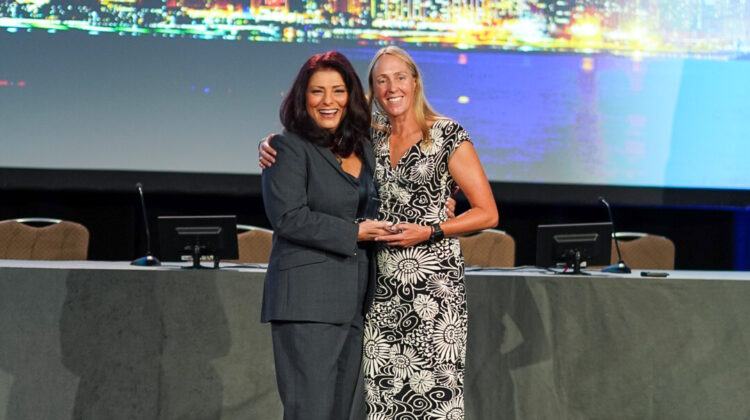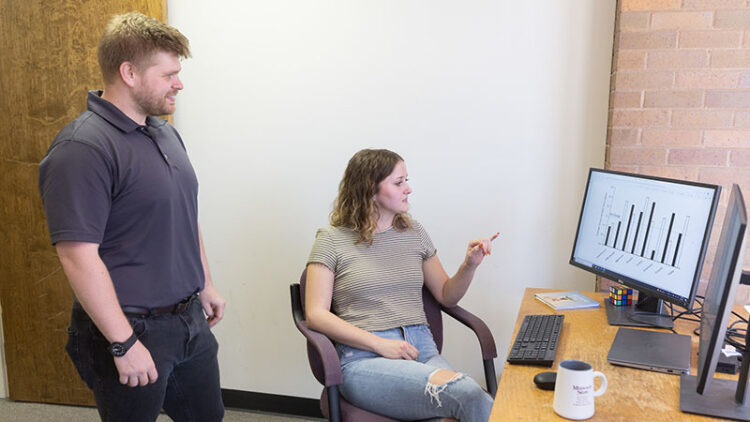This summer, we added two new members to Missouri State University’s McQueary College of Health and Human Services (MCHHS) leadership team.
Dr. Michael Bird is the new department head for the kinesiology department and Dr. Joshua Smith is the interim department head for the biomedical sciences department.
“Change in leadership is always bittersweet, said Dr. Mark Smith, MCHSS dean. “However, with change comes an opportunity to examine, review and refine processes and procedures.”
About the new department heads
Bird joined the kinesiology department in August after 27 years of service at Truman State University.
He received his PhD in exercise and sport science — biomechanics from the University of North Carolina-Greensboro. He describes himself as a servant leader.
Smith was appointed department head of biomedical science in July 2022, after 14 years of service as a faculty member in the unit.
He received his PhD in pharmacology from the University of Minnesota-Medical School. Smith describes himself as a thoughtful leader, committed to open communication.
“I am extremely confident in all the new leaders who have chosen to tackle the big responsibilities which come with running a department.
“Additionally, I am excited to see what new ideas and innovative solutions each one of them bring to the table.”



